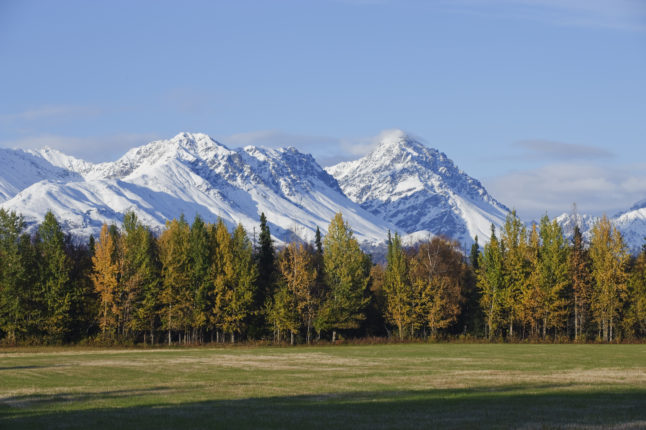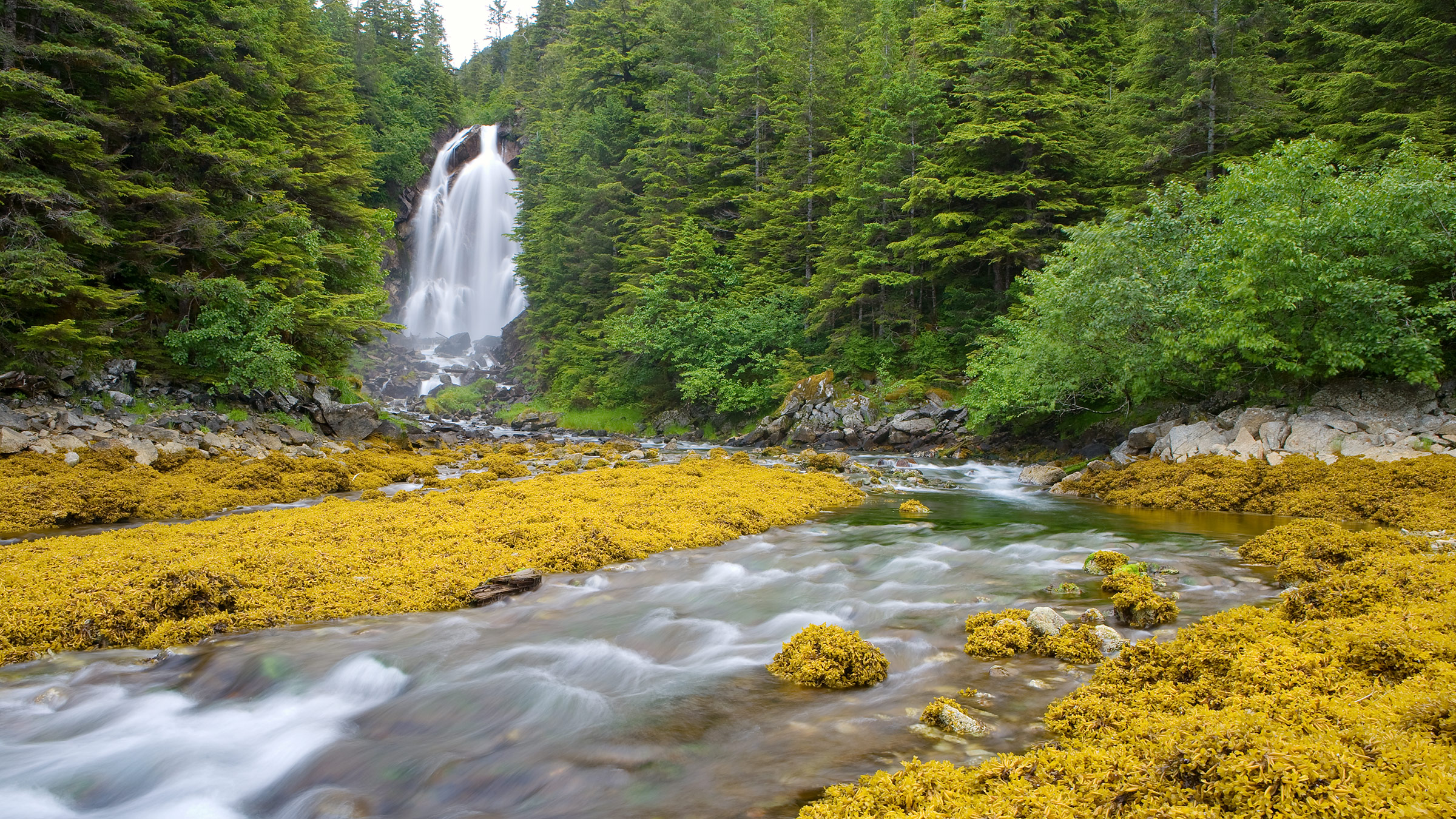Local actions with global impacts
Over the last 44 years, Alaska Conservation Foundation has upheld the legacy of our founders by raising and investing more than $59 million in strategic grantmaking to organizations working to protect Alaska. It is and always has been our focus to strengthen conservation efforts of organizations to catalyze the conservation movement. While we focus our work in Alaska, our impacts are global. The following are some of our successes.
Keeping Alaska’s coal in the ground
For almost a decade, Alaska Conservation Foundation has been working to keep Alaska’s vast coal deposits in the ground. More than one-eighth of the world’s coal is found in Alaska. Mining and burning coal threaten Alaska’s lands, waters, wildlife, and communities, and also contribute to the warming of the earth’s climate through the release of greenhouse gas emissions. Alaska Conservation Foundation supports a network of partners that shares our desire to keep Alaska’s coal in the ground and to prevent the acceleration of climate change.
The following story about defeating a coal mine is a prime example of how protecting the lands and waters of Alaska can benefit both local and global communities.

Chickaloon Native Village is the home of a vibrant Ahtna Athabascan tribe located just 75 miles north of Anchorage. Set in stunning mountains, glaciers, and forests, the community has lived in this area for 10,000 years. “Hunting, fishing, and berry picking define our indigenous way of life and strengthen our cultural and spiritual relationship with the land,” says Chickaloon Chief Gary Harrison. “Our identity as Athabascan peoples is connected with and inseparable from our relationship with the water, animals, and land.” Unfortunately, a coal company attempted to build an industrial coal mining operation in Wishbone Hill, the traditional homeland of the Chickaloon people.
Opponents of the mine, including tribal entities, citizen groups, and conservation organizations, united to combine their skills and strengths in conservation, environmental justice, and law to fight the mine. This effort required tremendous coordination, cooperation, and funding—and it worked.
In 2016, thanks to the coalition’s hard work and a successful legal argument by Trustees for Alaska, a nonprofit public interest environmental law firm, the U.S. District Court ruled a decades-old coal mining permit invalid.
Alaska Conservation Foundation supported numerous coalition partners throughout the process, including Chickaloon Village Traditional Council and Trustees for Alaska, providing administrative and financial support that contributed to defeating the mine.



